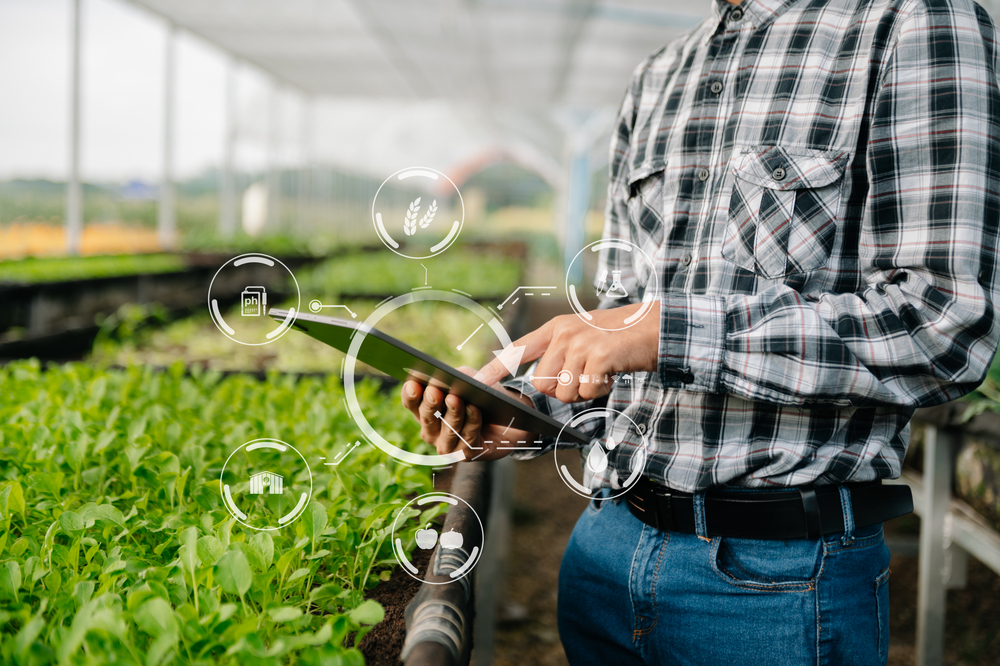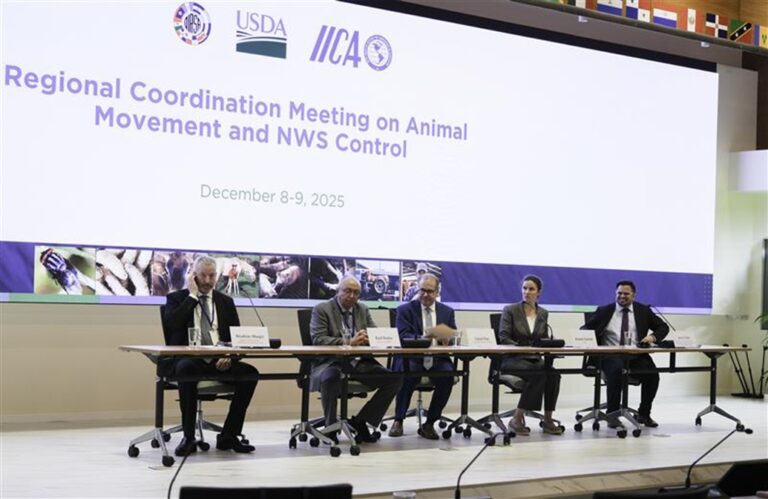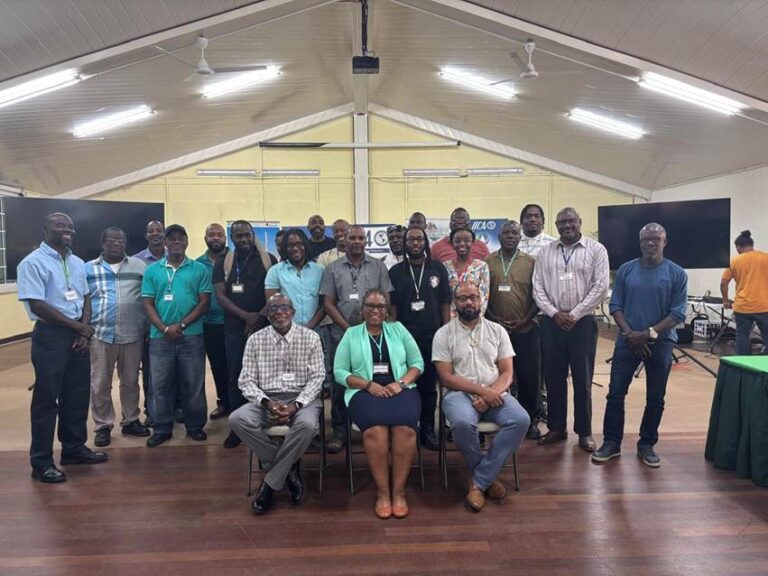The initiatives will be launched within the framework of scientific-technological cooperation between MinCyT and IICA. They will address various topics, namely the development of biomaterials, waste biorefineries, bioenergy, bioinputs and bioenterprises.
Buenos Aires, 16 November 2023 (IICA) – Eight bioeconomy research projects on technologies applied to agriculture with a regional scope that involve professionals and institutions from various countries of the Americas were selected as part of a call for proposals issued by the Ministry of Science, Technology and Innovation (MinCyT) of Argentina and the Inter-American Institute for Cooperation on Agriculture (IICA).
The initiatives will be launched within the framework of scientific-technological cooperation between MinCyT and IICA. They will address various topics, namely the development of biomaterials, waste biorefineries, bioenergy, bioinputs and bioenterprises. The initiatives will be launched in early 2024 and will be implemented over the course of two years.
Although initially only five proposals were expected to be selected, the scientific quality of the presentations and the interest in achieving broader coverage in Argentina and fostering greater collaboration among countries in the region, resulted in the selection of eight initiatives. This was stated in a resolution signed by Daniel Filmus, Minister of Science, Technology and Innovation of Argentina, and Fernando Camargo, IICA Representative in that country.
The MinCyT team, led by Minister Filmus, carried out commendable work in launching the call and selecting the projects, demonstrating its commitment to the bioeconomy, a sustainable development model for which Argentina and the rest of the region are uniquely equipped.
Researchers from universities, research units and laboratories, public or private entities or companies in Argentina will oversee the implementation of each project in coordination with professionals from other countries of the Americas, including Bolivia, Brazil, Colombia, Costa Rica, Chile, the United States, Mexico, Paraguay, Peru and Uruguay.
These joint projects will contribute to scientific exchange, knowledge management, capacity building and the positioning of hemispheric scientific innovations, among other topics.
Scientific quality
Experts from MinCyT, the IICA Delegation in Argentina and IICA’s Innovation and the Bioeconomy Program selected the initiatives by assessing their scientific quality, their potential to contribute to social and economic development in their countries and their applicability.
The selected projects are entitled: “Biomass production, energy recovery and supply chain for second-generation biofuels”; “South American camelid breeding in non-conventional regions: Small-scale producers incorporating biotechnology to improve animal health and production”; “Technological and methodological foundation for bioinput use in strategic crops”; “Sustainable optimization of supply chains including bio-refineries in the forestry sector to produce hydrocarbons”; “Carbon markets: An opportunity for development in the region”; “Development of a strategy based on exogenous RNAs to control the Mycosphaerella fijiensis pathogen in banana farming”; “Technological strategy to capitalize on agro-industrial waste to develop a lignocellulosic biorefinery”; and “Biotechnological integration and collaborative networks to boost regional economies through innovation in hop farming”.
IICA has been undertaking intense efforts to drive collective action in the field of bioeconomy, which affords a valuable opportunity to achieve economic development in harmony with the environment in Latin American and Caribbean countries.
In Buenos Aires in July, the agency of the Inter-American System specializing in agricultural development launched the Latin American Bioeconomy Network together with representatives of more than 25 public, private and academic institutions as well as regional and international cooperation agencies.
More information:
Institutional Communication Division.
comunicacion.institucional@iica.int












